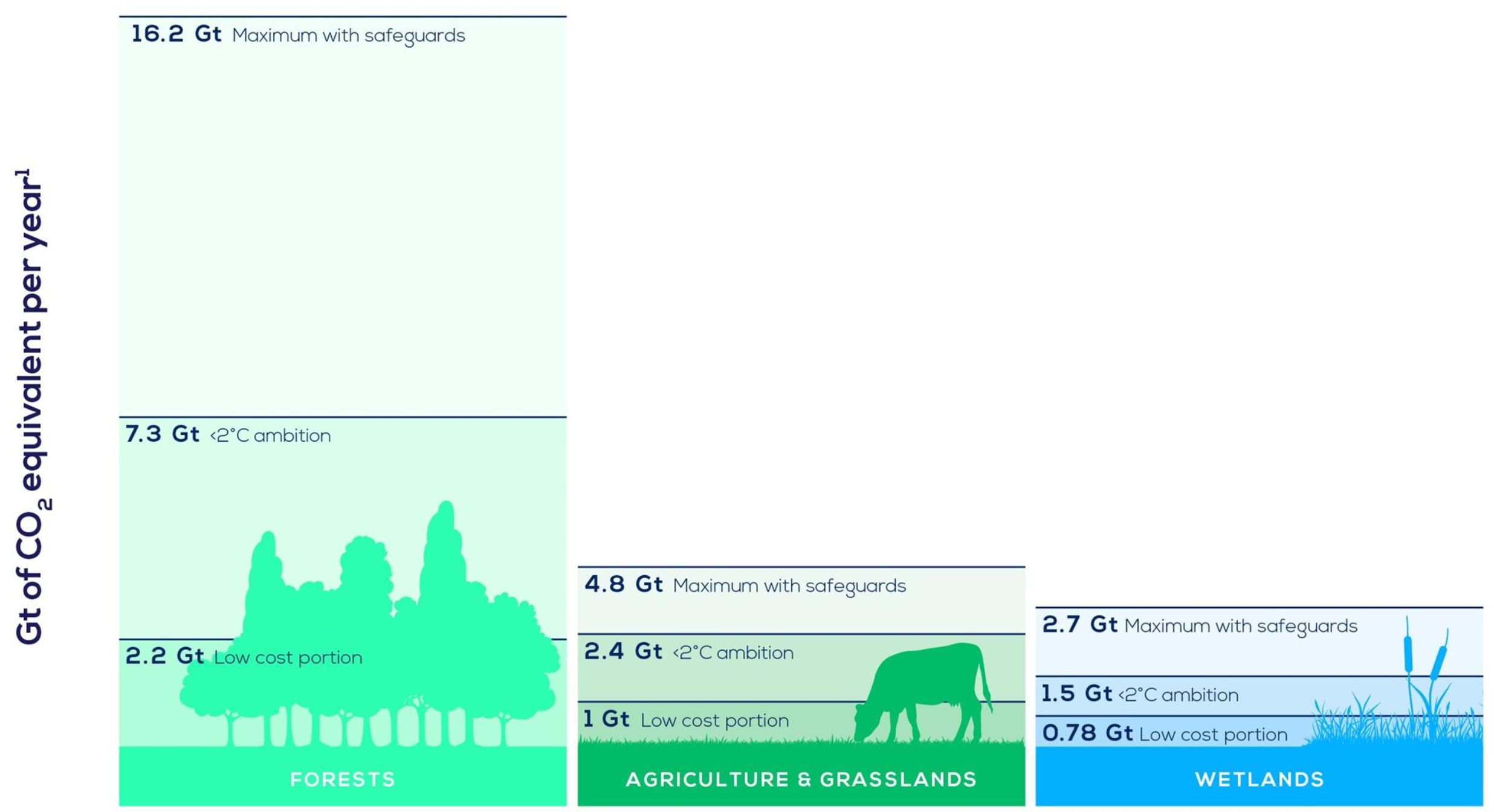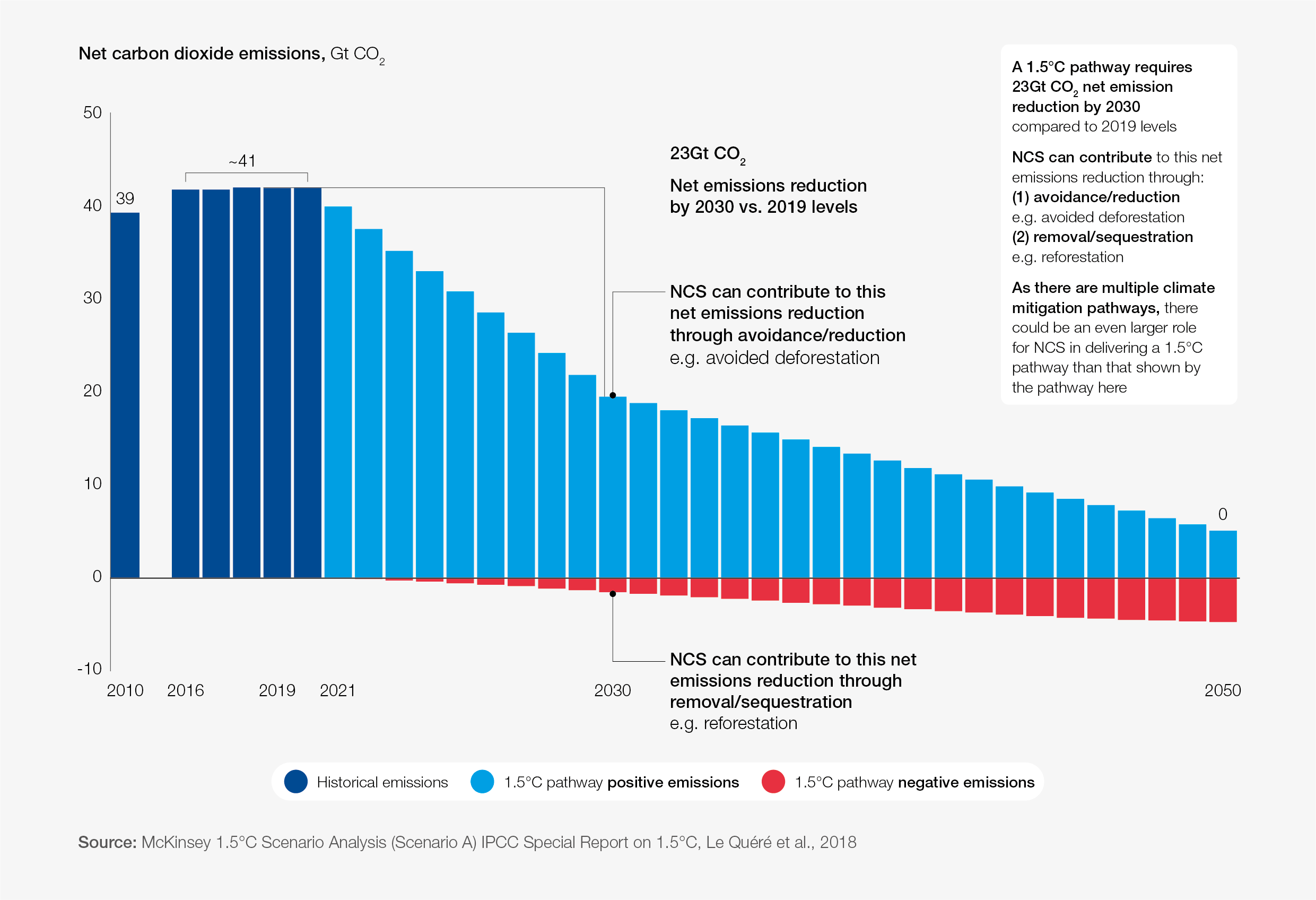We’re on the brink of a ‘polycrisis’ – how worried should we be?

‘Polycrisis’ – a cluster of related global risks with compounding effects, such that the overall impact exceeds the sum of each part. Image: Unsplash/Matt Palmer
Listen to the article
- The world is facing connected risks that threaten a polycrisis.
- The cost-of-living crisis is the most immediate and severe global risk.
- Climate-related risks are the biggest future threat facing the world.
- A polycrisis could have catastrophic consequences including armed conflict.
The cascading and connected crises we find ourselves in at the beginning of 2023 demand a new descriptor to define the scale of the problems the world is facing.
The war in Ukraine sent energy and food prices soaring. The resulting inflationary pressures ignited a global cost-of-living crisis which has led to social unrest. On top of all that, carbon emissions continued to rise as economies reopened after the pandemic.
The collective vocabularies stored in the world’s great dictionaries didn’t appear to hold a single world to sum up all this strife. So here’s a new one: Polycrisis.
The World Economic Forum’s Global Risks Report 2023 uses the term, to explain how, “present and future risks can also interact with each other to form a ‘polycrisis’ – a cluster of related global risks with compounding effects, such that the overall impact exceeds the sum of each part”.
The risks that threaten a polycrisis
The report, produced in partnership with Marsh McLennan and Zurich Insurance Group, highlights multiple global risks and is a call to action to prepare the world for future shocks.
At the heart of the research is the annual Global Risks Perception Survey (GRPS), which brings together leading insights from over 1,200 experts across the Forum’s diverse network.
When asked to rank the most severe short- and long-term risks, respondents identified the cost-of-living crisis as the most severe immediate risk, but saw the failure to mitigate the climate crisis as the biggest risk 10 years from now. The full rankings are illustrated in the chart below.

Speaking at the launch of this year’s Global Risks Report, Saadia Zahidi, Managing Director at the World Economic Forum, said the risks we face will evolve slowly over the coming decade.
“Two years out, the experts are still expecting that the cost of living is going to be the number one risk on the global agenda. Ten years out, six of the top ten global risks are dominated by climate and the environmental risks associated with that, such as large-scale involuntary migration.”
Speaking alongside Zahidi, John Scott, Head of Sustainability Risk at Zurich Insurance Group, shared his concerns about the lack of political foresight on the climate crisis. “We're living in a world right now where what's scientifically necessary, and what is politically expedient don't match.”
Scott made a call for more public-private collaboration on mitigating climate impacts. “Solving climate change is the ultimate team sport. It isn't just coming from one sector. It has to be governments, it has to be business, it has to be the finance sector to work together to really address these complex and systemic issues.”
What is the World Economic Forum doing on natural climate solutions?
Persistent challenges
A majority of respondents to the GRPS saw little hope of a quick solution to the many crises the world is facing. When asked to characterize what they expected to see 10 years from now, 20% said “progressive tipping points and persistent crises would lead to catastrophic outcomes”.
Only 9% of respondents saw the world returning to a state of “renewed stability with a revival of global resilience” 10 years from now. Taken together, 46% did predict some level of improvement on the current global risk profile.
Interconnected risks pose the greatest threat of a polycrisis
The intersection of current risks with emerging crises poses the greatest risk of a polycrisis. The Global Risks Report 2023 draws a link between the cost-of-living crisis, the failure to mitigate the climate crisis and the growing pressure on finite resources as a potential catalyst for such an event.

Demand for food, water and energy are rising as a result of population growth and socioeconomic advancement. The expansion of renewable energy systems is creating an unprecedented demand for rare minerals and metals. The gap between demand and supply of these resources could have catastrophic consequences, including biodiversity loss, ecosystem collapse, trade wars and armed conflict between nations, the report warns.
Carolina Klint, Risk Management Leader, Continental Europe, at Marsh shared her concerns about the possible repercussions of these connected crises. “We need to take a step back and start planning for the unexpected. I think, generally speaking, most of the things that we worry about are too short term and modest. So, take a long-term and holistic view of the risks on the horizon. I do think that if we work together, we are able to prepare for and respond to these compounding risks with better agility.”
A challenge to global leadership
The Global Risks Report 2023 suggests the cascading crises facing the world are not going away any time soon. Zahidi says the report shows leaders are preparing for a long road ahead but there is modest optimism that the crises will recede in the longer term.
“Leaders are facing multiple crises that are happening at the same time, so essentially, a polycrisis. When we asked leaders what they're expecting to happen, well over 80% said that we're looking at consistent ongoing crises that are compounding each other on an increasingly volatile trajectory. Although 10 years out, we're looking at that number going down to about 50%.”
Don't miss any update on this topic
Create a free account and access your personalized content collection with our latest publications and analyses.
License and Republishing
World Economic Forum articles may be republished in accordance with the Creative Commons Attribution-NonCommercial-NoDerivatives 4.0 International Public License, and in accordance with our Terms of Use.
The views expressed in this article are those of the author alone and not the World Economic Forum.
Stay up to date:
Global Risks
Related topics:
Forum Stories newsletter
Bringing you weekly curated insights and analysis on the global issues that matter.
More on Global RisksSee all
Allison Shapira
November 14, 2025









